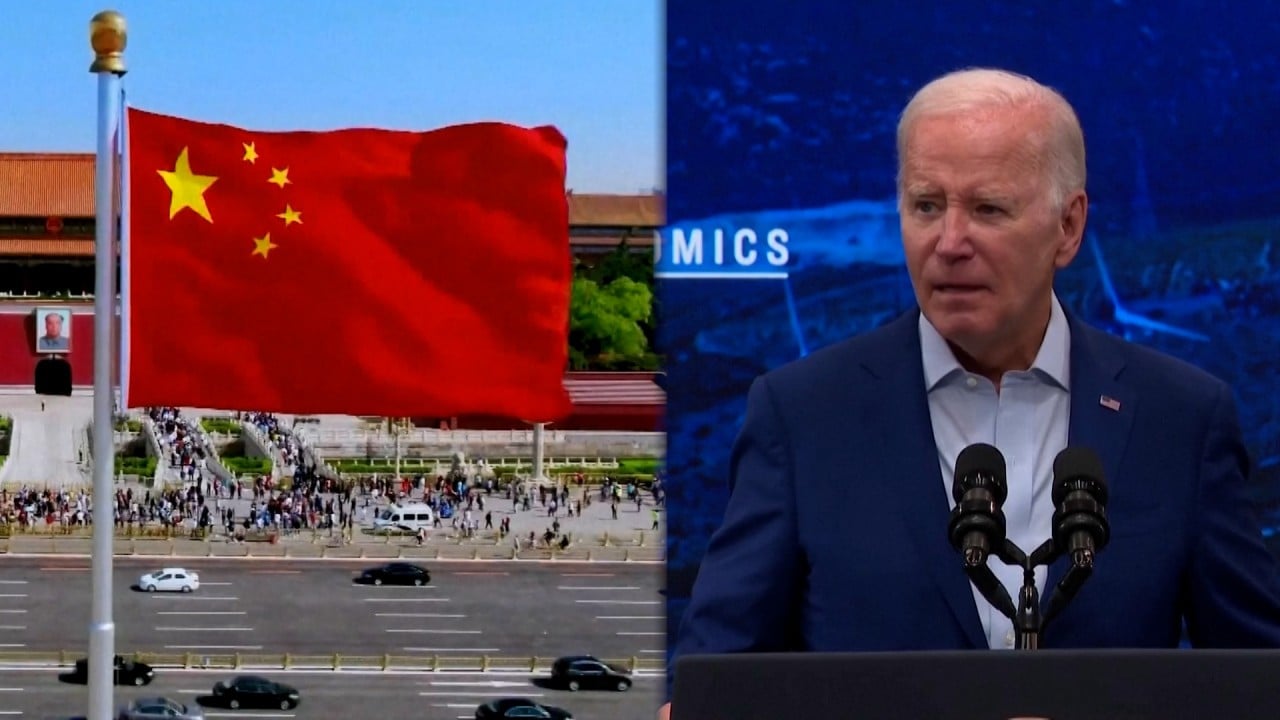China’s quantum tech quest: ‘limited’ fallout expected from Biden’s investment curbs
- Quantum technology can help develop radar that can detect submarines and stealth aircraft and enable sensitive intelligence to be decrypted
- ‘Over time the US doesn’t want to find itself contributing military capabilities to China,’ Washington analyst says

It said the areas were targeted because they related to “military, intelligence, surveillance or cyber-enabled capabilities”, constituting an “unusual and extraordinary threat” to Washington’s national security.
Quantum technology exploits physical phenomena at the atomic and subatomic scales and while it is an area that is less commercialised compared to semiconductors or AI, it has the potential to have a big impact on both the civilian and military sectors once the technology is put to practical use.
“[The executive order is] a recognition of the modernisation of the Chinese military … The hope is by slowing down their acquisition of these emerging technologies, it will preserve some margin of advantage for the US,” said James Lewis, a senior vice-president and director of the strategic technologies programme at the Washington-based think tank Centre for Strategic and International Studies.
Quantum technology can mathematically break encryption protecting sensitive communications and information, which makes it a key technology in the future of the defence industry.
It could deliver an advantage in developing radar that can detect submarines and stealth aircraft and enable sensitive intelligence to be decrypted amid an increasing military build-up against the US in the Asia-Pacific region.
“[If] China is able to read all encrypted traffic, it would be a huge upset to stability, and that’s, I think, where the greatest risk is right now,” Lewis said.
